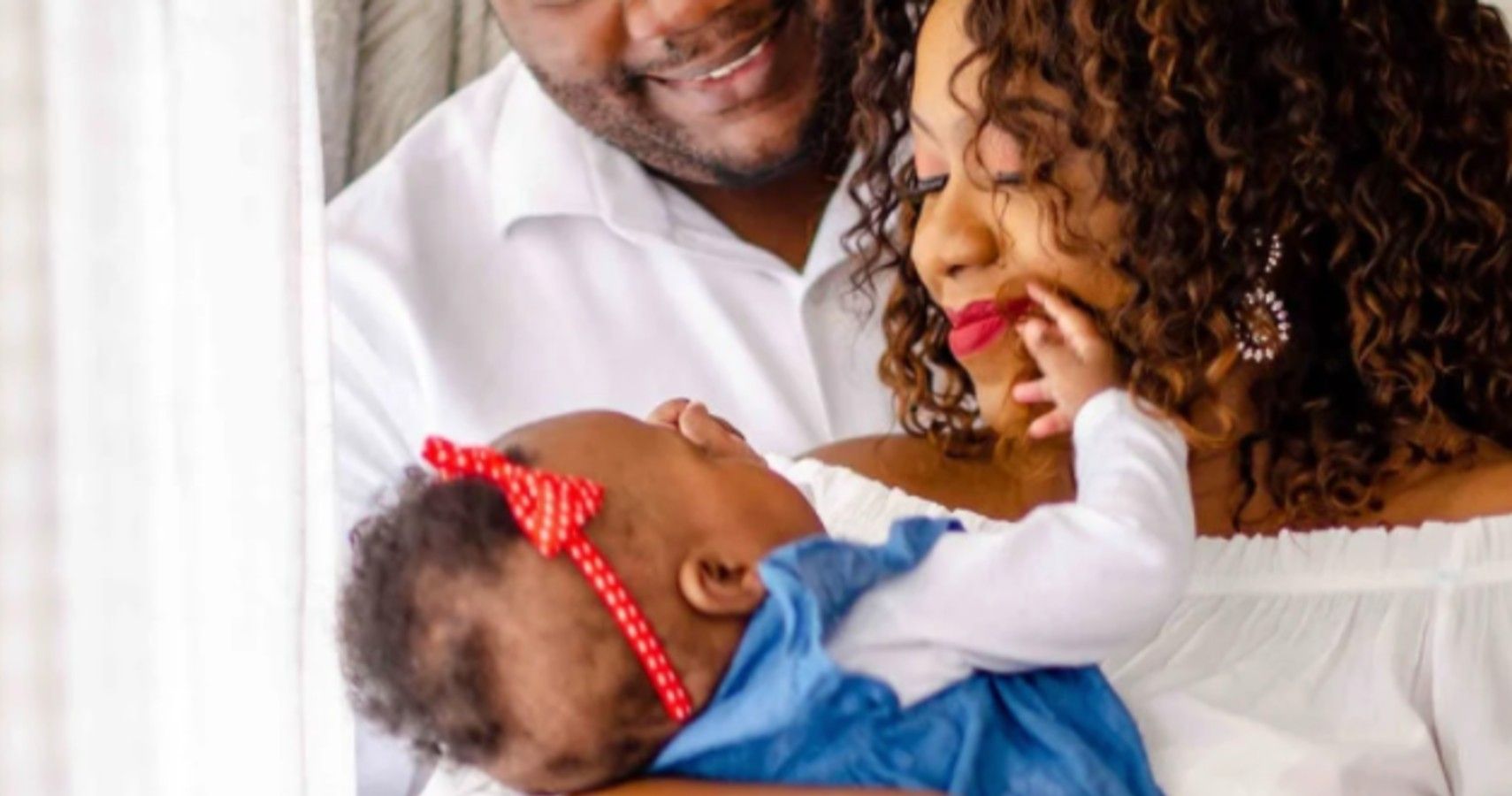Every year, Black Breastfeeding Week proves how important it is to celebrate and uplift Black maternal health. My breastfeeding journey was not easy. I was uneducated and felt embarrassed that I could not grasp how to nurse my baby. But after consulting with doulas and lactation nurses, I finally got the hang of it and now, almost 22 months later I'm glad I stuck with it. But my journey wasn't always peaches and cream. In fact, I wrote an article about how I was meeting a number of older women who discouraged me to stop. While I was initially upset, after some time, I had to understand that being a Black mom that breastfeeds is a privilege.
Nursing exclusively can be seen as a privilege
I know it may sound strange that I'm stating that being a Black mom who breastfeeds is a privilege but it is in a lot of ways. Part of what my breastfeeding journey was my support system and being able to work from home. Economic disparities amongst Black moms and those who are interested in nursing not only receive the support they need to do so, they often don't have the luxury of being able to work from home or live in a single income household. All those things are pivotal when it comes to exclusively breastfeeding. This is not to say working moms can not exclusively breastfeed, but having the time to get into a habit and bond with your baby past six weeks is something a lot of moms, especially Black moms can't do.
The generational trauma attached to Black mothers and breastfeeding
A gifted poet and writer, Hess Love wrote a poem about Black women breastfeeding and it triggered a number of emotions from Black mothers as well as others. For some moms, they don't understand why it's so important to focus on Black moms and Black maternal health. While some used it as an opportunity to educate themselves, others used it to further perpetuate harm by being dismissive of the alarming rate of Black maternal death.
However, this year things are different. While I acknowledge my privilege to breastfeed exclusively in the comfort of my home, I also view myself and other Black women as revolutionary Black moms—radical even—when we parent in a way that was once something we could not control. Historically speaking, Black women gave their bodies to their slavemasters, even down to their milk. They were forced to neglect their own infants and to be wet nurses for the people who tortured them and ripped them away from their families.
That type of generational pain doesn't go away quickly. It's etched into our DNA. It's passed down from great grandmothers to their future great-granddaughters and we have to do our best to reeducate ourselves and our elders. It's not an easy journey, that's for sure, but we are laying the groundwork for our future daughters.
In the age of social media activism, a lot of organizers are mothers, and some of them have young babies as well. Black moms are balancing family, organizing and creating tools that will build their communities as well as helping other Black expecting moms by becoming doulas and lactation consultants. Black women know that the only people we can depend on are other Black women–especially when it comes to our health and babies. I've seen Black moms out protesting, creating grassroots movements, partnering with educators to create online lesson plans as well as maintaining a community for other Black moms and caretakers.
This year, Black Breastfeeding Week is about celebrating the ability to break generational trauma chains and to build a new foundation towards a better world. That starts with uplifting some of our most marginalized moms and giving them the tools they need to reset, restore and reform.
Sources: Black Breastfeeding Week, Harper's Bazaar, Mother Mag

